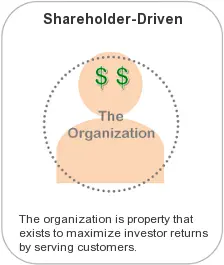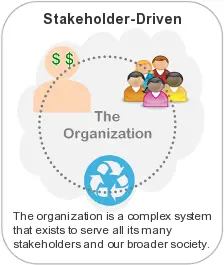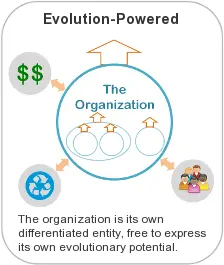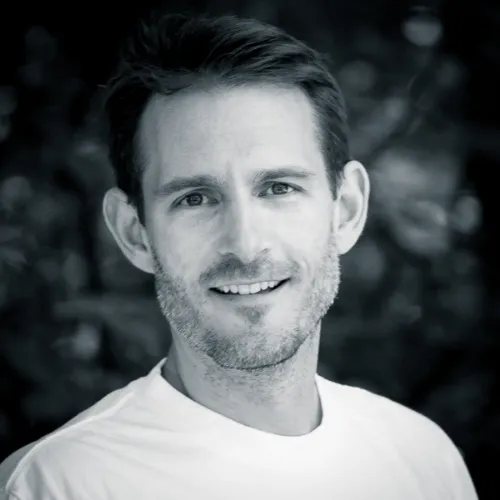
Why does an organization exist? I see several distinct paradigms in operation today, each with a different general answer to that question. Let’s look at some of these with an evolutionary lens, and then bridge to what may be next.
The shareholder model
We’re all familiar with the shareholder-driven paradigm, the predominant model in operation today (we’ll focus on for-profits for now, though there are equivalents with non-profits). In its healthy form, the shareholder-model looks at organizations as existing primarily to advance shareholder interests, by providing products and services to customers who consume them.
This paradigm is a major leap forward from the preceding view, which looks something like “the organization exists to maintain the organization and its status-quo” – picture the stereotypical bureaucratic, inward-focused government agency and you’ll get the idea.

Then the stakeholder model
More recently we’ve seen the emergence of a new paradigm, a shift from the shareholder-model to the “stakeholder-model”, which looks at an organization as existing to serve the many stakeholders connected to it, including investors, but also employees, members of the local community, the environment, etc. Several recent studies show that companies operating from this paradigm generate better returns on average for all stakeholders, including investors, compared with those operating from a shareholder-model. However, the stakeholder paradigm isn’t simply an incremental improvement on the prior model, but a fundamental transformation with a qualitatively different mindset and view.

And next?
Likewise, I believe there’s a next-step beyond the stakeholder-model, what I’ll call a “transpersonal” model of organization. In this paradigm, the organization is no longer viewed as property, even shared property, here to serve us – even all of us.
Instead of our desires driving the organization, it is driven by its own unique purpose in life – not just a purpose that’s “all about the people”, but one that is genuinely evolutionary, about helping creativity unfold for the sake of the future. The organization is viewed as something akin to a new form of life, and the people involved are its stewards. Their job is to get their own desires out of the way, like healthy parents supporting a child’s journey, so that the organization can express its unique self and deepest creative potential in life.

This focus on an evolutionary potential beyond serving human ego is a deep but subtle shift embedded within Holacracy, and it takes a while to fully digest. Its processes help to differentiate the organizational entity from the people connected to it, while also integrating them in a new relationship grounded in mutual freedom and support. Where today’s progressive people-centric view of organizations can become narcissistic and self-limiting, Holacracy’s focus offers a more liberating ground – inviting people to serve something larger than themselves, larger even than the collective, for the sake of evolution’s further unfolding. This is the ultimate aim of Holacracy – to liberate the organization to become a direct expression of evolution in action, creativity unleashed, free from the shackles of serving human ego.
Did I lose you? That’s okay – none of this would have made sense to me either before I started my own journey with Holacracy. Fortunately there’s no need to understand or agree with all of my views to use Holacracy to better reach whatever aims you resonate with. I offer my thoughts in the spirit of helpfulness and utility, and invite you to take what you can use and leave the rest.
To learn more about self-management, join a community of pioneers and check out our e-learning suite → Self-Management Accelerator

